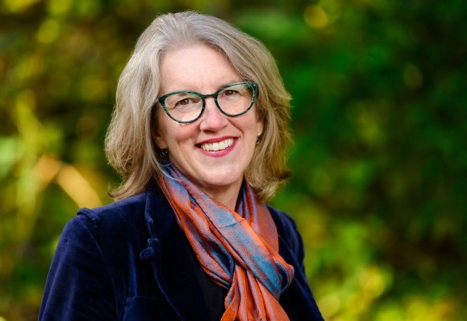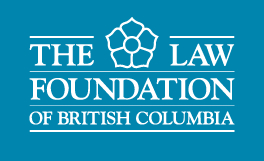BC courts lean on BC Law Institute’s research

For 25 years, the BC Law Institute (BCLI) has recommended law reforms in the public interest. It is an independent law reform institute that conducts scholarly research and analysis of existing statutes to identify specific ways in which the law should evolve.
Most projects convene experts from several disciplines who have an understanding and perspective on the topic. These committees are passionate about developing law reform recommendations that address a social policy challenge, ensure the law operates fairly, and endure the test of time.
BCLI recommendations are sometimes enacted by the legislature quickly, like the ones in a 2021 report on revising pension division provisions in the Family Law Act that were enacted earlier this year. Other times, it could take decades to become law, like the 2022 Commercial Liens Act based on a 2003 BCLI report. When dealing with thorny issues, courts often look to BCLI’s research to help in their decision-making. BCLI reports were referenced by the BC Supreme Court and Court of Appeal in 12 cases in 2021 and 2022 alone.
BCLI project committees are guided by its commitment to enhancing equity for underserved communities and to clarifying and improving the law—which makes reconciliation and access to justice among its top priorities.
BCLI is playing a role in the significant evolution in BC’s statutory law underway as the Declaration on the Rights of Indigenous Peoples Act requires the province, working with Indigenous Nations, to ensure that its laws are consistent with the UN Declaration on the Rights of Indigenous Peoples (UNDRIP).
Reconciliation and Indigenous law
BCLI launched its Reconciling Crown Legal Frameworks Program in 2022 to support research and legal innovation needed to support this legislated goal. BCLI Executive Director Karen Campbell notes that law reform over the next decade and beyond will involve deep changes to enable the Crown’s laws to share space with Indigenous legal orders.
Recognizing how complex this initiative is, BCLI is working on decolonizing its approach to law and its operations. This big task is aided by BCLI connecting with organizations and individuals employing
Indigenous legal frameworks. Board member Stacey Edzerza Fox, KC, plays an important role in supporting this work, as do partners such as Dr. Val Napoleon, the director and founder of the Indigenous Law Research Unit (ILRU) at the University of Victoria. The ILRU is a non-profit at the forefront of rebuilding Indigenous laws with Indigenous communities.
Creating law reform that endures
BCLI has a long history of making complex law reform recommendations on important legal issues such as trustees’ powers, family property, wills and estates, legal capacity, and many more.

BCLI’s research is grounded in the involvement of community and legal experts. Initiatives such as the new Reconciling Crown Legal Frameworks Program reflect BCLI’s commitment to generating law reform recommendations that respond to the needs of communities that they serve. The organization deeply values the role that these perspectives bring to its work. “Including lived experience perspectives is critical to making sure our work is not done in an ivory tower,” says Campbell.
Today, the BCLI is one of eight independent provincial and federal law reform agencies providing non- partisan advice on complex legal issues ranging from land title and strata law to the rise of artificial intelligence. “There is definitely a place for us to dig deep, do good research and generate law reforms that are trustworthy and independent,” says Campbell.
Photography credits: Sarah Race Photography
